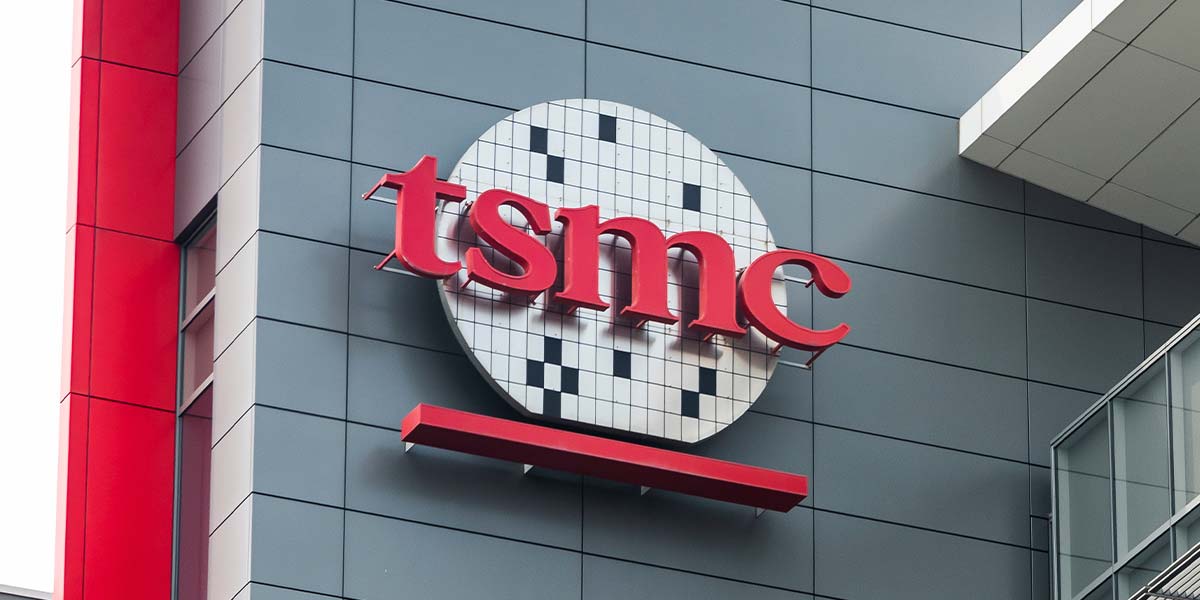The Trump administration has tightened controls on the export of US-made chipmaking equipment to China, stripping Taiwan Semiconductor Manufacturing Company (TSMC) of its previous ability to send American technology to the mainland without a special license. This marks a significant escalation in Washington’s technological restrictions targeting China’s semiconductor ambitions.
The policy shift comes as the US Commerce Department formally ends the so-called “validated end-user” (VEU) program, which allowed a select group of foreign semiconductor firms to bypass license requirements when exporting certain US-origin equipment and technologies for production activities in China.
TSMC, a critical supplier for global tech giants such as Apple and Nvidia, leads the contract chipmaking industry. Despite its global dominance, the company’s most advanced chip fabrication remains concentrated in its home base of Taiwan.
Under the new rules, issued on Friday by the Commerce Department’s Bureau of Industry and Security, companies previously covered by the VEU program have a 120-day window—starting when the directive is formally published—to seek the necessary export licenses for affected shipments.
“TSMC has received notification from the US Government that our VEU authorization for TSMC Nanjing will be revoked effective December 31, 2025,” said the spokesperson of TSMC, while adding that the company is evaluating the situation and taking appropriate measures.





